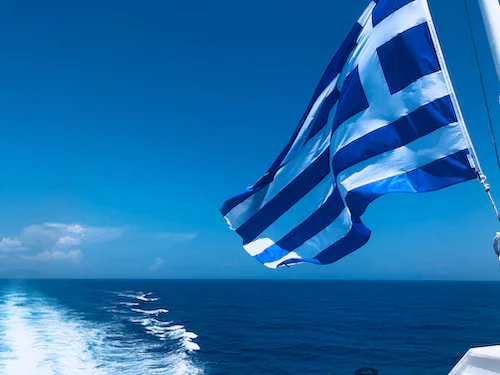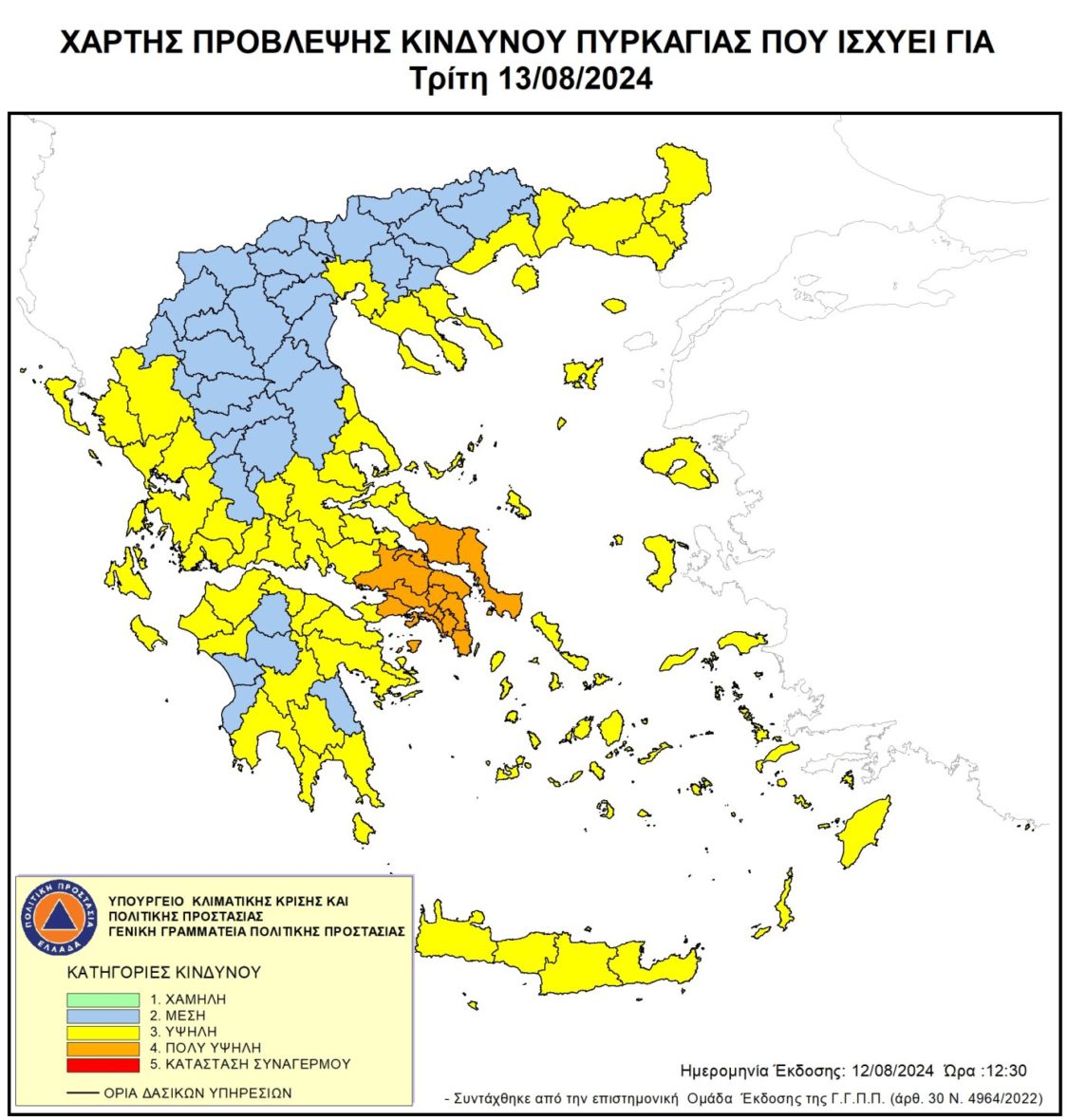
The Department of Foreign Affairs issued updated advice due to the wildfires in Greece.
Wildfires are highly dangerous, unpredictable, and fast moving so you should stay away from affected areas and comply with evacuation orders or instructions from the emergency services, police and local authorities.
If a situation escalates, local authorities may send warnings to all mobile phones in the vicinity, which will sound like a loud alarm. The text of the warning will be in English below the Greek. Take any action advised (though some alerts are precautionary only). Sometimes there will be organised evacuation, and in some instances, where very large numbers of people need to be moved quickly, you may need to make your own arrangements. If evacuation is advised, do not wait, and follow the instructions on which direction to move in. Ensure roaming is turned on to receive any mobile phone alerts from local authorities.
Stay fully informed of what is going on by monitoring local news and social media. Call the Greek Emergency Services on 112 if in immediate danger.
See here for official information and advice on forest fires in Greece. You can also register to get emergency alerts from the Greek Government’s Emergency Communication Service, to get emergency alerts.
Statement by the Minister for Climate Crisis & Civil Protection, Vassilis Kikilias
“Forty hours after the extremely dangerous wildfire broke out in Varnava, we can now say that there is no active front, only scattered hotspots. During these 40 hours, 702 firefighters, supported by 27 forest commando teams, 199 vehicles, and 35 aerial units—including 17 aircraft and 18 helicopters, three of which were used for coordination—fought the fire in northeastern Attica with superhuman effort. Volunteers, the Police, the Army, Forest Service and Forestry Workers, the Authority of Attica Region, and Municipalities, with the assistance of the 112 emergency service, evacuated and saved 45 areas.”
“I must emphasize once again that at the first outbreak on Sunday afternoon, the response time was 5 minutes from the air and 7 minutes by fire service vehicles. This is the reality: despite the rapid operational response—the new doctrine combined with technological support from drones, which has been applied to hundreds of wildfires throughout the summer—when extreme conditions prevail, the problem becomes insurmountable. We faced a level 5 fire risk with winds of 7-8 Beaufort, prolonged drought, and a rugged area with these characteristics—mountains, forests, and scattered homes. This was not a simple fire that unfortunately got out of control? we are talking about the most challenging and dangerous scenario for all firefighters, operational personnel, and residents. This is the reality we face.”
The people who lived through these conditions in northeastern Attica know this. Amidst the ordeal they went through—whether feeling fear, anger, or deep sorrow because, tragically, a worker was lost—they know that the firefighters, the Police, the Local Government, the volunteers, and the Army were there, fighting with superhuman efforts to prevent worse consequences. These same firefighters have been working throughout the summer, extinguishing one fire after another.”

Follow the Guidance of National & Local Authorities
If you are in Greece, follow the guidance of national and local authorities and stay fully informed of what is going on by monitoring local news and social media. Make sure you have your mobile phone roaming turned on during your stay in Greece so you can receive emergency alerts from the authorities.
You can also follow the Embassy on social media X @IrishEmbAthens and Facebook) to ensure access to relevant updates and alerts.
Emergency Assistance
You can contact the emergency services in Greece by dialling the following emergency numbers:
- EU number for emergency situations: 112
- Police: 100
- Fire brigade: 199
- Ambulance: 166
- Coast guard: 108
You can also contact the emergency services in Greece using the mAIGreece app.




